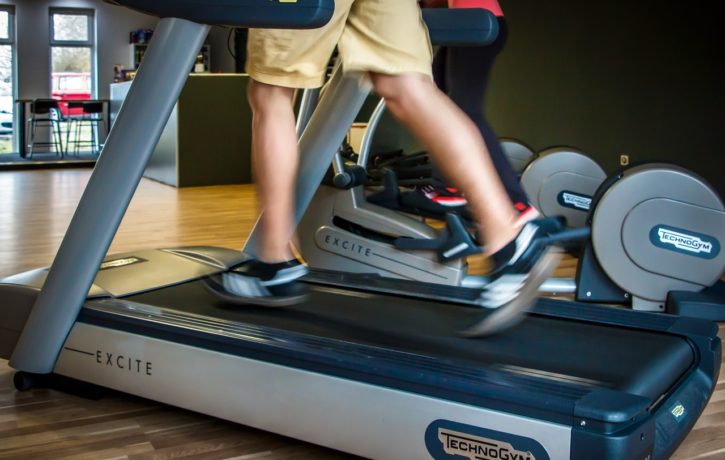Top Tips for a Marathon

Once you have been accepted and during the training :
- Train. Do not assume because you are fit (for cycling, swimming etc ) that you are fit enough to run a marathon. Running on a treadmill is very different from running outside on the road.
- Get yourself a marathon plan (to suit you) and follow it. Run 3 to 4 days per week. Vary the distance. Always include a ‘long’ run.
- It is important to listen to your body. Get aches and pains checked out before they get worse. And rest when your body tells you too. Rest is just as important as training.
- Increase weekly mileage by no more than 10 per cent.
- Get the right trainers for yourself. They should be comfy, and generally a size bigger than your normal shoe.
- Seek sports injury therapy as preventative rather than waiting for an injury or ache or pain to stop you from training.
- Be mindful of what you eat and drink as part of your training. Eat to suit your needs. Don’t overeat. It is not advisable to overload on sugar.
- Rest days are just as important as training days.
- Cross-training is always good. Ie doing something other than running like swimming, strength work, spin class.
- For the race put your name on the front of your vest. It is incredibly uplifting to hear your name being called out.
- Train at your pace.
Be prepared/ things to consider
- Read the literate to find out the frequency of the water and fuel stations en route.
- Sample the fuel that is being supplied before the big day. Even all the different flavours, you might find that one does not agree with you.
- Consider if you want to run with a pacer.
- What is plan B if you lose your running buddy on the route?
- Will you run with your running buddy or run the race as your own?
- Does your time really matter to you? Or do you want to just get round?
Last minute Top Tips for a Marathon:
- Don’t change your routine or overeat
- Do not wear anything new, that hasn’t been tried and tested in your training
- Hydrate well
- Get some sleep/plenty of rest before the big day
- Pin your number on your vest and tag your shoe early
- Layout all your gear the night before the race
On the morning:
- Public transport/ the roads to the race may be busy.
- Plan to arrive at the start early
- The queues for the loos may be long.
- Bring old warm clothes and or a bin bag to keep warm before the start.
- Put your kit bag in the lorries/baggage claim at the start early.
- Remember everyone is as nervous as you.
The race:
- Do what you did in training no more and no less.
- Start steady. It is easy to get caught up with the hype and other runners.
- Consider if you want to run with a pacer. You might change your mind on the day.
- Banking time doesn’t work.
- The real race starts at mile 20.
- Watch for the discarded water bottles /cups at the water stations.
- Around the fuel stations, the floor may be sticky.
- Water and fuel stations can be a dangerous place! People can be tired, it is an easy spot to get knocked, bumped into; the focus can just be on the refuelling. Don’t always take a drink from the first table.
- The last 150 yards are the best 150 yards you will ever run.
- Smile for the photos!
At the end:
- Mobile signal can be poor. Have plan B to meet up with friends and relatives
- It can be a long walk from when you finish, to where you meet your friends and relatives.
- Rehydrate and eat as soon as you are able
- Public transport and areas around the end can be busy.
- Enjoy the party /celebration.
- Plan the next one!
There will be times you don’t think you can finish the marathon. There will also be a lifetime of knowing that you have.
Latest posts by Louise (see all)
- The Missing Piece in Wellness? Why Realization Process Offers More Than Mindfulness - 22nd July 2025
- Somatic Healing with the Amnanda Process - 18th July 2025
- Deepen Embodiment: Somatic Breathing with the Realization Process - 20th June 2025
